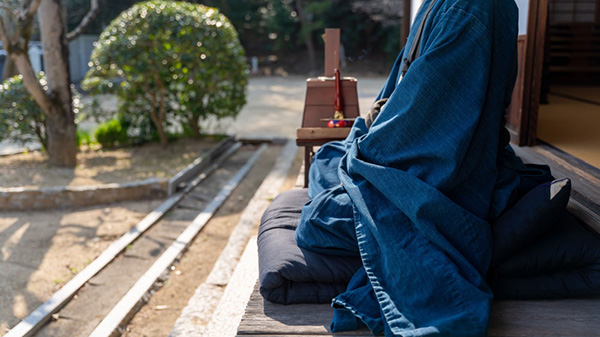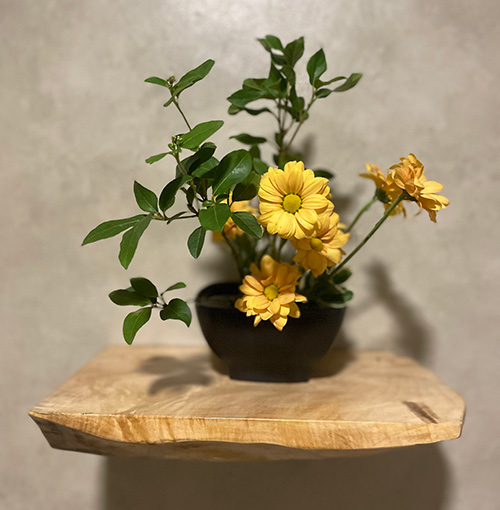Mottainai (pronounced “moh-tah-ee-nai“) is an old Japanese concept that reflects the idea that we should respect all objects and not waste them. The term is loosely translated as “what a waste.” The word expresses the feeling of regret for an object losing its original essence. One can also think of mottainai as placing value on individual objects that they own.
The Edo period in Japanese history is seen as a heavily mottainai-influenced society. For example, the Edo people did not discard broken daily items such as umbrellas. Instead, the users sold them to collectors. Since the traditional umbrellas were made by attaching oil paper to bamboo sticks, artisans carefully peeled off the paper. The bamboo skeleton was recycled and the oil paper was repurposed for other needs.
Deeply rooted in Japanese culture, even modern children are typically taught the concept and practice of mottainai throughout their childhood. It most often takes form in the way they eat food with respect and without waste.
Japan’s waste problems and mottainai as solution
Though the mottainai concept remains prevalent, modern Japan struggles with societal waste issues. Food waste is one example. About six million tons of edible food is discarded every year in Japan. Therefore, more businesses in the food industry especially have tackled food waste with mottainai principles.
The Japanese fashion industry is another substantial source of waste. As a result, many fashion brands have started to strive to reduce waste during the production process. There is a rise in the number of fashion businesses incorporating a mottainai ethos.
Living with mottainai spirit
If you put mottainai spirit into your daily life, there is plenty you can do to reduce waste. It could simply be eating all the food on your plate at each meal or purchasing the groceries from the “expiring” or “day-old” sections at the supermarket. Taking care of your home, including its furniture, with respect could make it last for decades for your family to enjoy. Being mindful of our consumption habits could change our attitude towards lifestyle and, therefore, could make a big difference when shared globally.
This article was originally published by Zenbird Madia. Check out the full article on their web magazine.





